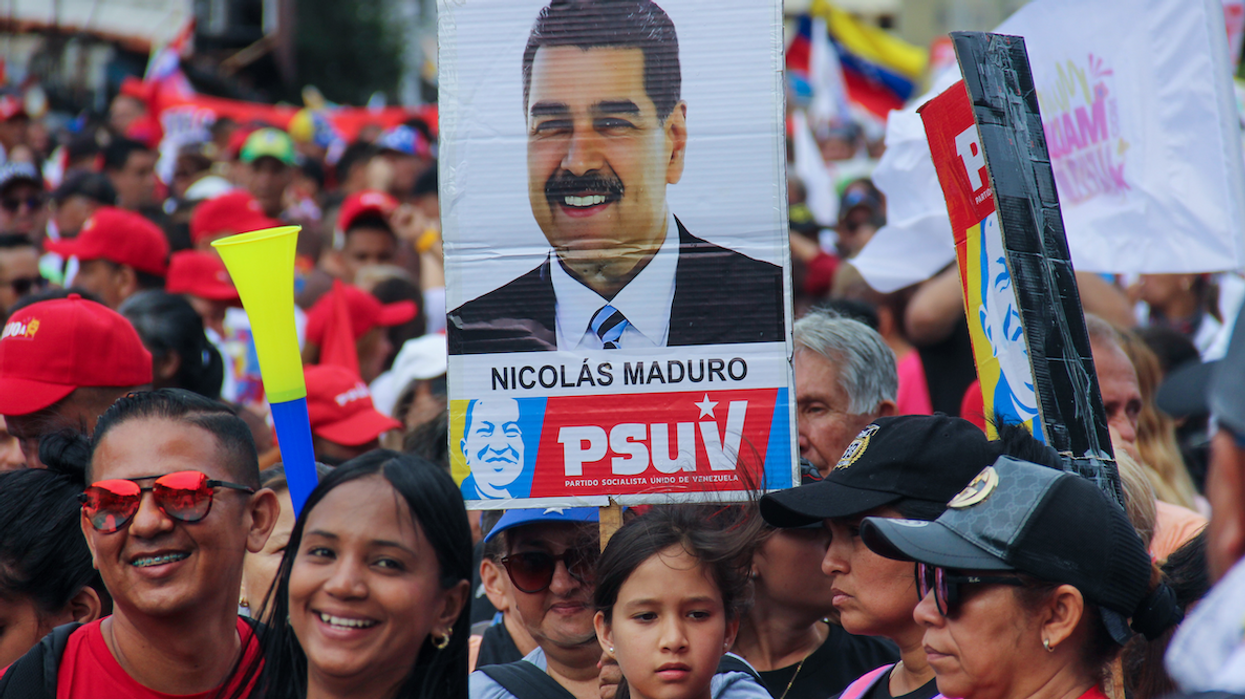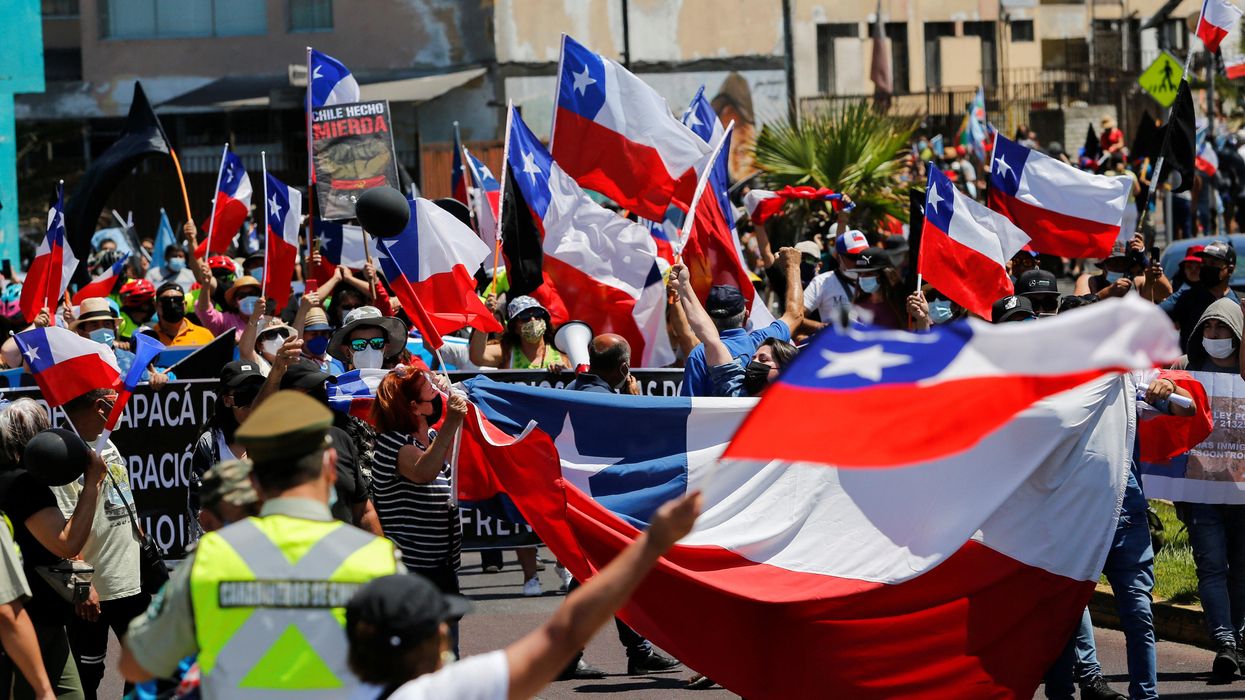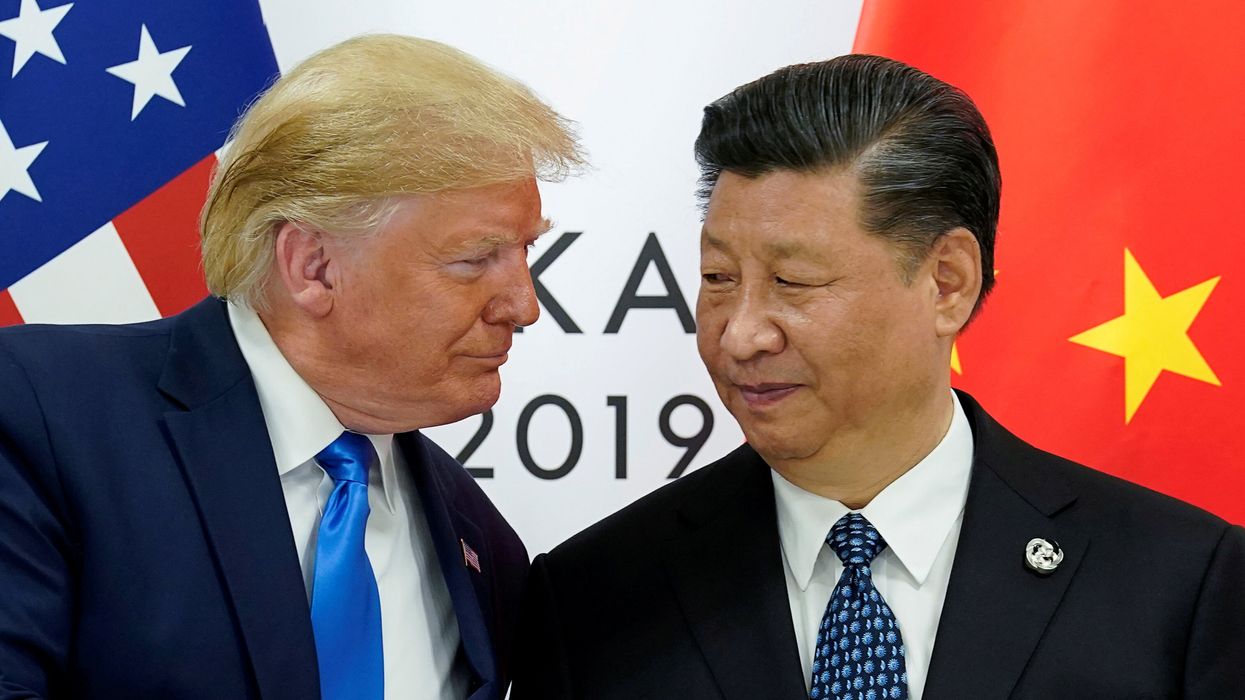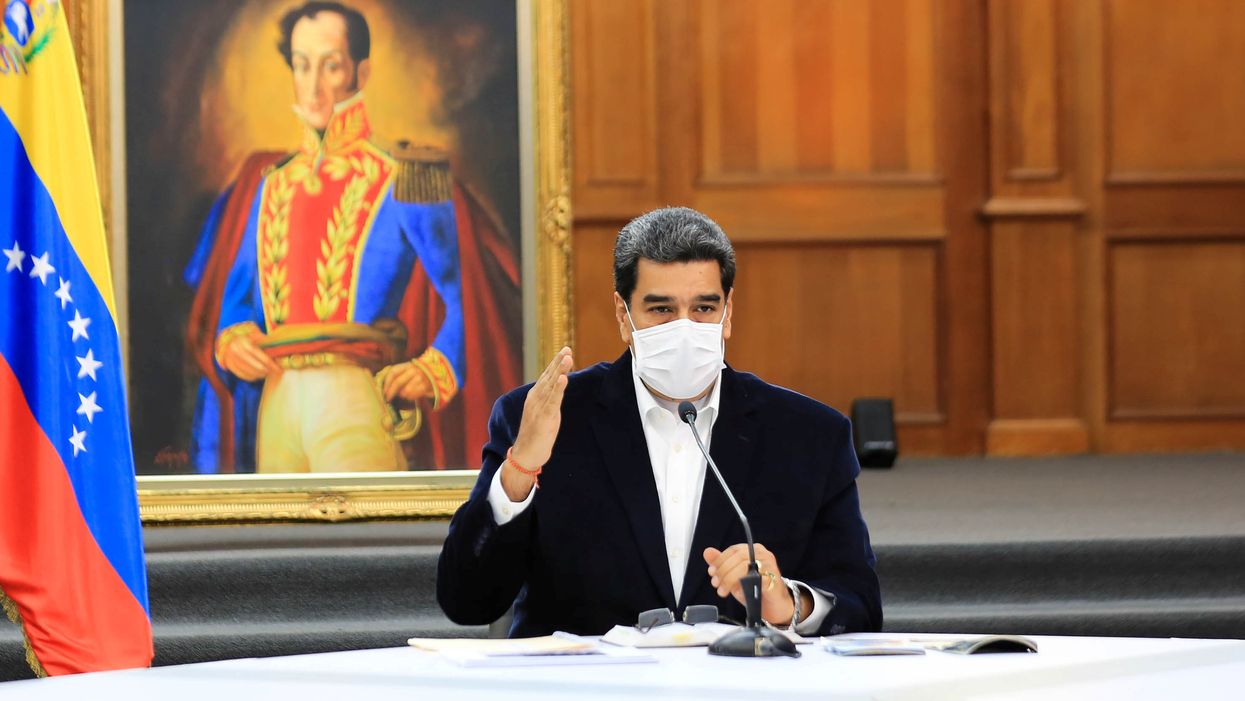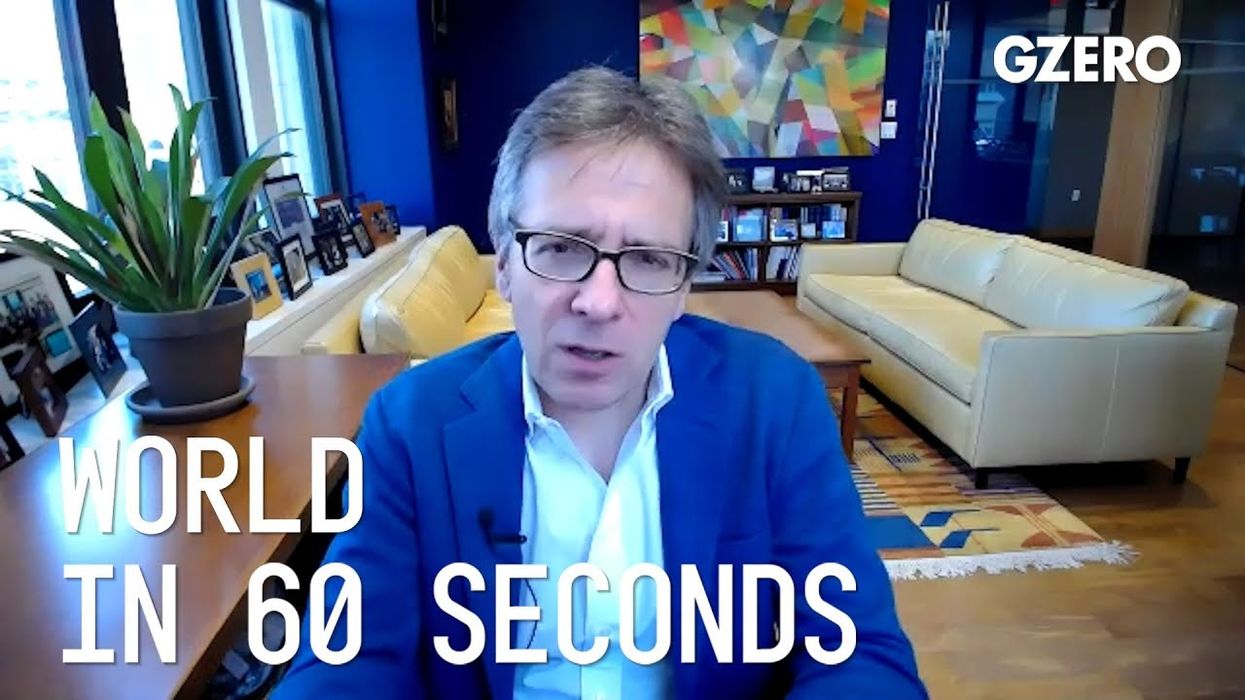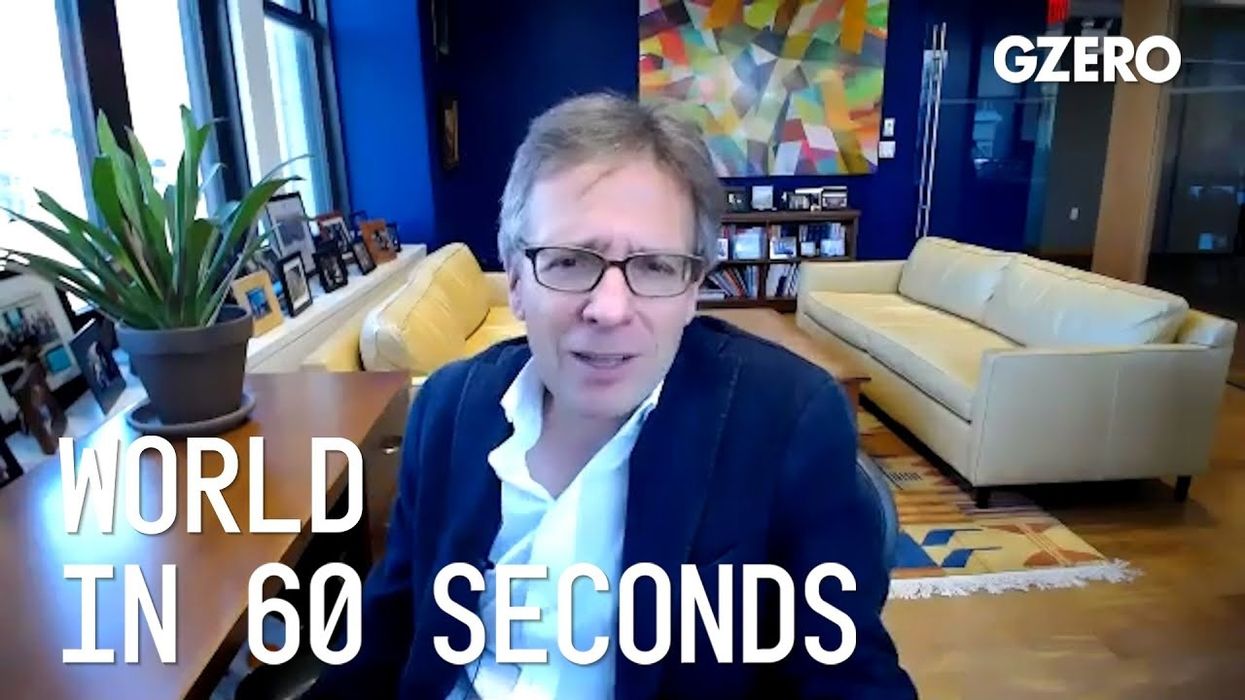Viewpoint
Viewpoint: How far will Venezuela’s leader go to retain power?
As Venezuelans prepare to head for the polls on July 28, President Nicolas Maduro is pulling out all the stops to secure a third term in office and extend the Chavismo political movement’s 25-year grip on power. We asked Eurasia Group expert Risa Grais-Targow what to expect from this weekend’s vote.
Jul 24, 2024
